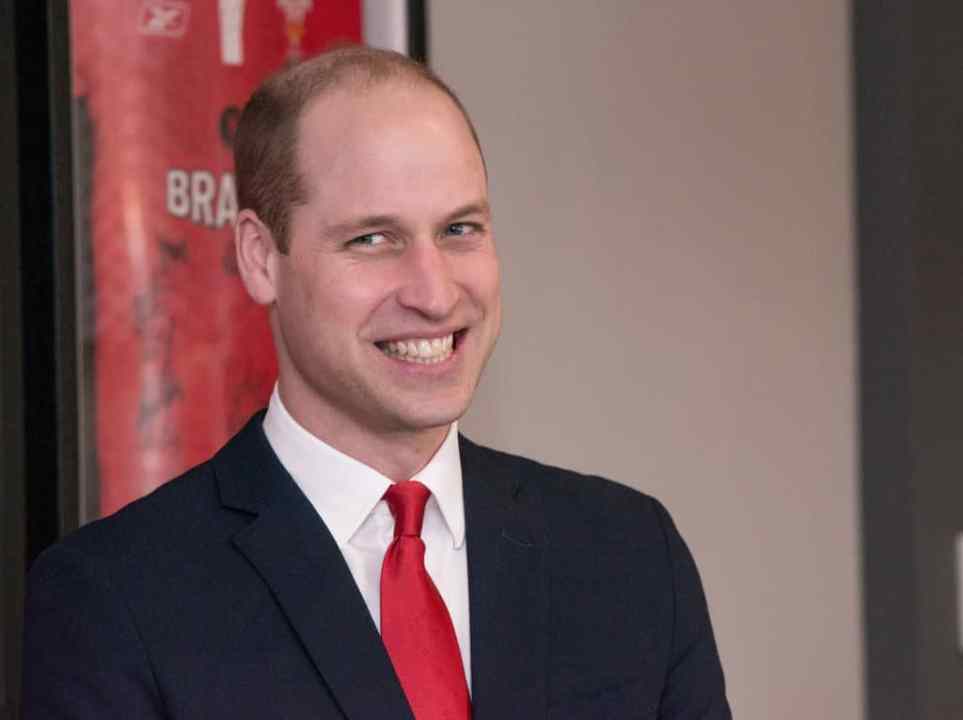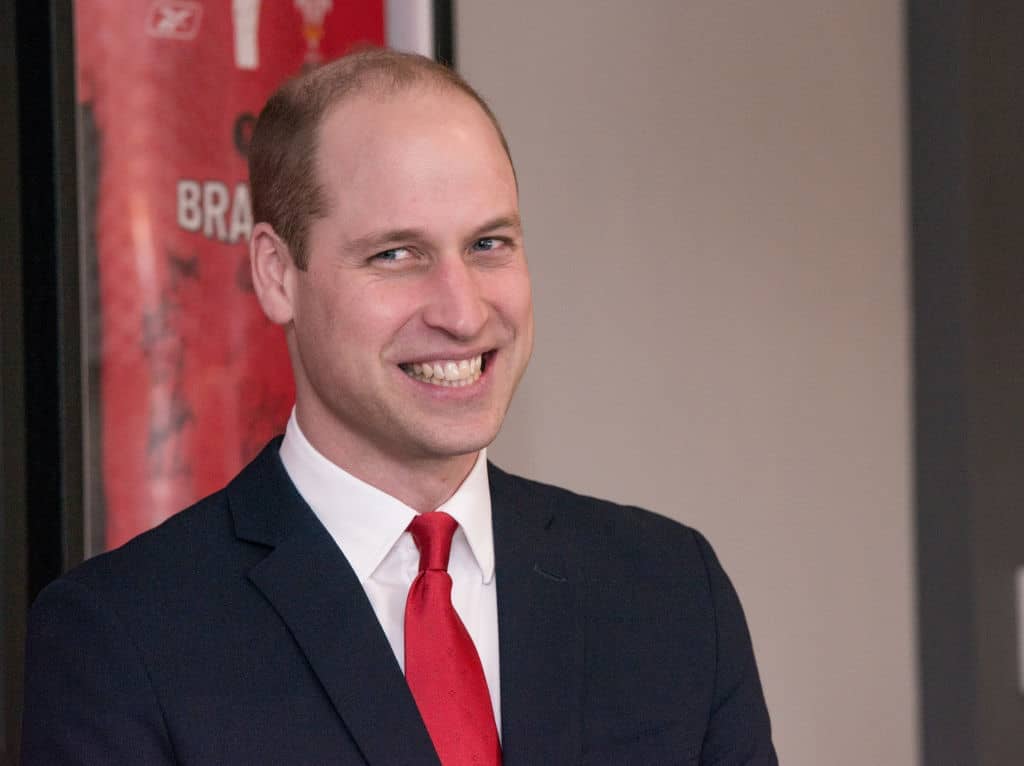‘The demands on a Prince of Wales have altered,’ 20-year-old Charles said at his Caernarfon investiture in 1969, with some trepidation. ‘But I am determined to serve and to try as best I can to live up to those demands, whatever they might be in the rather uncertain future.’
Half a century later that future is certain: William has become the new Prince of Wales. The demands of the role are far greater than when Charles spoke in North Wales some 50 years ago. And every modern Prince of Wales faces a dilemma: how to deal with the Crown’s complicated relationship with the Welsh.
Charles established a high bar over half a century. As well as becoming the patron of Welsh charities and institutions, he assembled a team of expert advisers to help show off his Cymrophile credentials. By comparison, few of his predecessors showed any interest in the country. None had Charles’s passion for the Welsh language, landscape and poetry, his recognition of the rich distinctiveness of the country, and his understanding of the tension associated with his own role. In a speech to celebrate the renaming of the Prince of Wales bridge in 2018, for example, he spoke of his hope that the crossing would bring to mind all of those who have borne the ancient title Tywysogion Cymru, leaders of Wales, including native princes of medieval times.
Charles established a high bar over half a century as Prince of Wales
It was a clever way to confront the ghosts of the past. Many of the Welsh are haunted by the demise of the last native Prince, Llywelyn ap Gruffudd, and the spirit of Owain Glyndŵr, who led a war of independence against the English. So much so that there is a flicker of hope the title will one day be abandoned. When the issue of royal succession has come up in recent years, nationalists and public figures such as the actor Michael Sheen have tried to remind their countrymen that the British heir apparent is only known as the Prince of Wales because Edward I wished to ‘humiliate’ the Welsh following his conquest.
These are fair and salient arguments. But the history is too long ago – in the thick mist of medieval Britain – to stir the Welsh as revolutionary republicans. Instead, it is a cause that remains mostly confined to the intellectual, Welsh-speaking middle-classes. For most people the celebrity symbolism of the royal family, and especially the younger royals, is more appealing – even though pomp and ceremony sit awkwardly alongside the country’s history of heavy industry and Chartist protest.
Wales has changed a lot since 1969. There is a new confidence in the state and public institutions, with the Senedd and Welsh government carrying the aspirations of a democratic nation. With devolution has come firm cooperation between Labour and Plaid Cymru, who share a near identical socialist and nationalist policy programme, which includes the regulation of second homes, support for the Welsh language, and an active redistributive role for the state.
The new Prince of Wales will have to navigate this uncharted terrain. Lord Elis-Thomas, a former Presiding Officer of the Senedd and friend of the King, claimed this week that Wales had no real ‘need’ for a princely title which lacks constitutional basis and jars with the democratic purpose of devolution. In this political context, the question of how the new Prince and Princess of Wales approach their roles is significant for the royal family itself as debates swirl over the future of the United Kingdom.
Prince William is well aware of Welsh nationhood, having spent the early years of his marriage in Ynys Môn. The political class will also understand the need to be pragmatic when it comes to the popular royals. Mark Drakeford, a lifelong republican, signalled this when he released a statement saying that his government looks forward to ‘deepening’ its relationship with the new Prince and Princess. And while there are challenges ahead for the new Prince of Wales, there are also opportunities for William to go further than his father in engaging with Welsh issues.
For starters Charles’s home in mid-Wales, Llwynywermod, should become a more permanent base for William, and used to visit the country beyond the annual ‘Wales Week’ events in July. Royal attendance at the Welsh Parliament, with the Queen highly visible over the last two decades, should be a responsibility passed on to William and Kate. Elis-Thomas was also right a few years ago when he said that Wales did not make use of its Prince to reach global audiences. Now is the time for that to be remedied, in line with Wales’s standing as a partially self-governing nation.
The most urgent question is whether Wales should host an impressive investiture for the new Prince. A staggering poll by Beaufort Research in 2021 found that close to two thirds of the Welsh public supported a public ceremony. I wonder how courtiers – who will undoubtedly be considering an investiture in the first couple of years of the King’s reign – see the risk-reward ratio. There is the possibility that some in Wales will protest against the new title leading to a public relations disaster. The King’s advisors will be mindful that the cost-of-living crisis will make any extravagant ceremony difficult to justify.
Timing and choreography would have to be carefully managed. There is no David Lloyd George – the ultimate showman – to mastermind ceremonies, which the ‘Welsh Wizard’ did so skilfully behind-the-scenes in 1911 for the future Edward VIII. But a national celebration of the new Prince and Princess of Wales, with prominence given to national leaders and an emphasis on Welshness (and especially the language) could be a clever way to unite a majority of the public behind the monarchy after the Elizabethan age.
Commentators frequently reference the contract the monarch has with his or her people, across the UK and the Commonwealth. The same applies to the Prince of Wales. For centuries, the royals did not bother to engage or appease the conquered Welsh, but changing times required a Tywysog Cymru that was pragmatic, visible and pro-Wales. Charles was all three. He said in Caernarfon all those years ago that Wales needed ‘to look forward without forsaking the traditions and essential aspects of her past.’ To earn the trust and respect of the Welsh, the new Prince of Wales will have to share his own vision with the public. And then make himself useful.







Comments